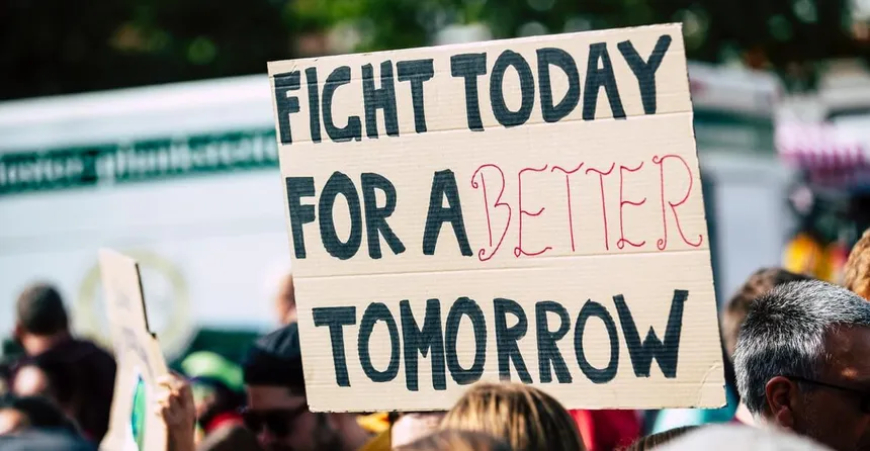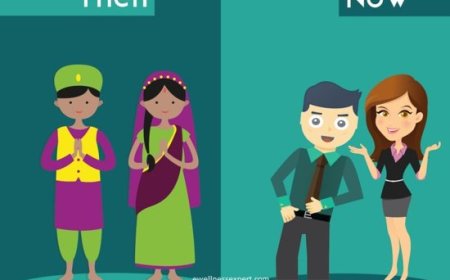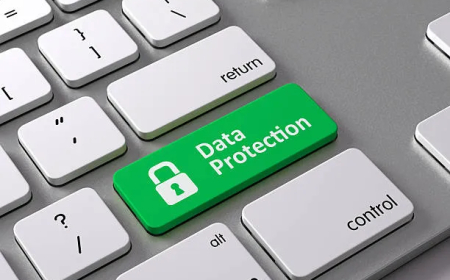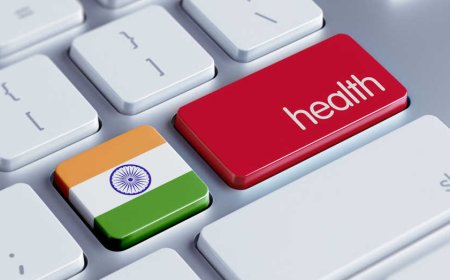The Crucial Role of Civil Liberties in Safeguarding a Free and Just Society
Discover the importance of civil liberties in fostering freedom and democracy. Explore how fundamental rights like free speech, privacy, and equality shape a just society.

Civil liberties are the bedrock of any democratic society. These fundamental rights, which include free speech, privacy, and equality, empower individuals to live without oppression or fear. They are essential to preserving freedom and ensuring that democracy thrives. In India, civil liberties are enshrined in the Constitution, where they provide the foundation for a just society. However, these rights often face challenges, including censorship, privacy concerns, and the balancing act between individual freedoms and national security.
Introduction
Civil liberties represent the rights and freedoms that protect individuals from government overreach. These include rights such as free speech, privacy, freedom of assembly, and due process. A free society relies on these liberties to create an environment where citizens can engage in open discourse, hold their government accountable, and live without the fear of arbitrary interference. In India, civil liberties are guaranteed by the Constitution and upheld through a robust legal framework. However, the practical application of these rights is often complex, influenced by political, social, and technological factors.
Free Speech
Importance in a Free Society
Free speech is a foundational element of democratic governance, empowering individuals to express their ideas, challenge authority, and spark social movements. It has been instrumental in driving societal progress, from civil rights movements to advocating for gender equality. Article 19(1)(a) of the Indian Constitution guarantees this right, yet free speech faces challenges globally, with different democracies grappling with issues of hate speech, misinformation, and government censorship.
Challenges in India
Despite the constitutional guarantee, free speech in India faces several challenges. Censorship, often driven by political and religious sensitivities, can stifle open dialogue. Laws like sedition, defamation, and those aimed at maintaining public order are sometimes used to suppress dissenting voices. Moreover, the rise of digital platforms has introduced new issues, such as the regulation of online content and the spread of misinformation. Social media companies, while providing a platform for free expression, also struggle to balance free speech with the need to curb hate speech and disinformation.
Privacy
Importance in a Free Society
Privacy is another critical component of civil liberties, protecting individuals from unwarranted government surveillance and ensuring their personal information remains secure. The right to privacy allows people to live without the constant fear of intrusion, making it a fundamental aspect of personal freedom. In 2017, the Indian Supreme Court recognized privacy as a fundamental right under Article 21 of the Constitution, which protects life and personal liberty.
Challenges in India
The rapid adoption of digital technologies has significantly impacted privacy rights in India. Government initiatives such as Aadhaar, a biometric identification system, have raised concerns about mass surveillance and data security. Although Aadhaar aims to streamline government services, it also poses risks to individual privacy, especially in the absence of comprehensive data protection laws. Cybersecurity threats and data breaches further exacerbate these concerns, leaving individuals vulnerable to exploitation.
Balancing Civil Liberties and National Security
In any democratic society, the state must balance civil liberties with the need to protect national security. This is a delicate task, as excessive restrictions on civil liberties can lead to authoritarianism, while insufficient attention to security can result in chaos and harm to the public. In India, this balance is reflected in the Constitution's "reasonable restrictions" on rights such as free speech. For example, speech that threatens sovereignty, public order, or morality can be legally restricted. However, these restrictions must be carefully applied to avoid the erosion of civil liberties. The challenge lies in ensuring that measures taken in the name of national security do not disproportionately infringe on individual freedoms.
Freedom of Religion and Assembly
Importance in a Free Society
Freedom of religion and assembly are integral to civil liberties. They allow individuals to practice their beliefs freely and gather for common purposes, which is essential for a vibrant, pluralistic society. These rights are particularly important in a diverse country like India, where various religious and cultural groups coexist. Article 25 of the Indian Constitution guarantees the freedom of religion, while Article 19(1)(b) protects the right to assemble peacefully.
Challenges in India
In practice, freedom of religion and assembly can be contentious in India. Religious tensions, political polarization, and societal divisions often lead to restrictions on these rights. For instance, certain religious practices or gatherings may be curtailed in the name of maintaining public order. Furthermore, protests and demonstrations, which are forms of assembly, frequently face crackdowns, especially if they challenge the government's policies. The challenge lies in ensuring that these fundamental rights are not unjustly curtailed under the guise of maintaining law and order.
Due Process and Legal Protections
Importance in a Free Society
Due process is the legal principle that ensures fairness in legal proceedings. It guarantees that individuals are not deprived of life, liberty, or property without appropriate legal procedures and safeguards. In India, due process is a key aspect of the legal system, ensuring that justice is served fairly and that individuals' rights are protected in legal matters.
Challenges in India
While due process is enshrined in Indian law, its implementation can be uneven. Issues such as overcrowded courts, prolonged legal battles, and limited access to legal representation can undermine the fairness of legal proceedings. Moreover, instances of police misconduct, arbitrary detention, and custodial violence highlight the challenges in ensuring that due process is consistently upheld. Strengthening the legal system to ensure timely justice and protect individual rights remains an ongoing challenge in India.
Conclusion
Civil liberties such as free speech, privacy, freedom of religion, and due process are fundamental to the functioning of a free society. They enable individuals to express themselves, protect their personal information, practice their beliefs, and seek justice. However, these liberties are not without challenges, particularly in a complex and diverse democracy like India. The balance between protecting individual rights and maintaining national security, public order, and morality is delicate and requires constant vigilance. Upholding civil liberties is crucial for the health of democracy and the protection of individual freedoms in an increasingly interconnected world.
What's Your Reaction?




















































